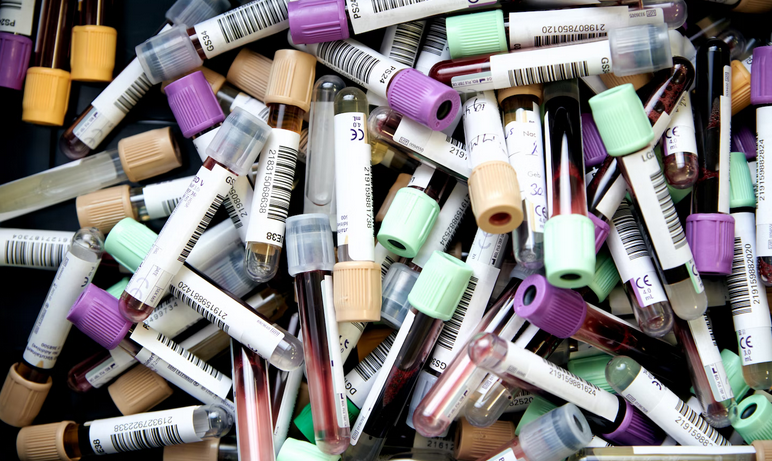Testosterone plays a crucial role in maintaining a healthy body and mind, particularly for men. However, imbalances in testosterone levels can lead to various health issues and diminish overall well-being. A regular testosterone test is essential for detecting any abnormalities early on and taking appropriate steps to address them. In this blog post, we will explore the reasons why it is advisable to have one’s testosterone levels checked.
Understanding Your Hormonal Health

Testosterone is primarily known for its role in male sexual development and reproductive function. However, it also affects muscle mass, bone density, mood regulation, cognitive function, and overall energy levels. By checking your testosterone levels regularly, you gain invaluable insight into your hormonal health and overall well-being.
Identifying Low Testosterone Levels (Hypogonadism)
Low testosterone levels, also known as hypogonadism, can have a significant impact on a person’s physical and mental health. Symptoms of low testosterone include fatigue, reduced libido, erectile dysfunction, depression, decreased muscle mass, increased body fat, and difficulty concentrating. Regular testing allows for the early detection of low testosterone levels, enabling timely intervention and treatment options.
Managing Male Infertility
 Testosterone plays a crucial role in sperm production and overall fertility. By monitoring testosterone levels, individuals struggling with infertility can identify potential causes related to hormone imbalances. Early detection of low testosterone levels can lead to interventions such as hormone replacement therapy or other treatments to improve sperm quality and increase the chances of conception.
Testosterone plays a crucial role in sperm production and overall fertility. By monitoring testosterone levels, individuals struggling with infertility can identify potential causes related to hormone imbalances. Early detection of low testosterone levels can lead to interventions such as hormone replacement therapy or other treatments to improve sperm quality and increase the chances of conception.
Detecting High Testosterone Levels (Hypergonadism)
While less common than low testosterone, high testosterone levels (hypergonadism) can also lead to health complications. Symptoms of high testosterone include acne, oily skin, increased muscle mass, excessive hair growth, mood swings, and aggression. Monitoring testosterone levels helps identify potential cases of hypergonadism, allowing individuals to seek appropriate medical advice and management.
Assessing the Effects of Aging
As individuals age, testosterone levels naturally decline. This decline can lead to a decrease in energy levels, muscle mass, bone density, and overall vitality. Regularly checking testosterone levels enables individuals to monitor any significant drops that may require medical intervention, ensuring optimal health and well-being in the later stages of life.
Supporting Overall Health

Testosterone plays a vital role in maintaining several aspects of our health, including cardiovascular health, metabolic function, and cognitive abilities. By regularly assessing testosterone levels, individuals can take necessary preventive measures to reduce the risk of chronic conditions such as heart disease, diabetes, osteoporosis, and cognitive decline.
Monitoring testosterone levels is crucial for both men and women to ensure optimal health and well-being. By regularly checking testosterone levels, individuals can identify potential imbalances early on and seek appropriate medical advice. Whether it’s addressing low testosterone levels, managing infertility, or promoting overall health, understanding your hormonal health through testing allows for informed decision-making and proactive measures toward improving one’s quality of life. Remember, a healthy body begins with balanced hormones.

